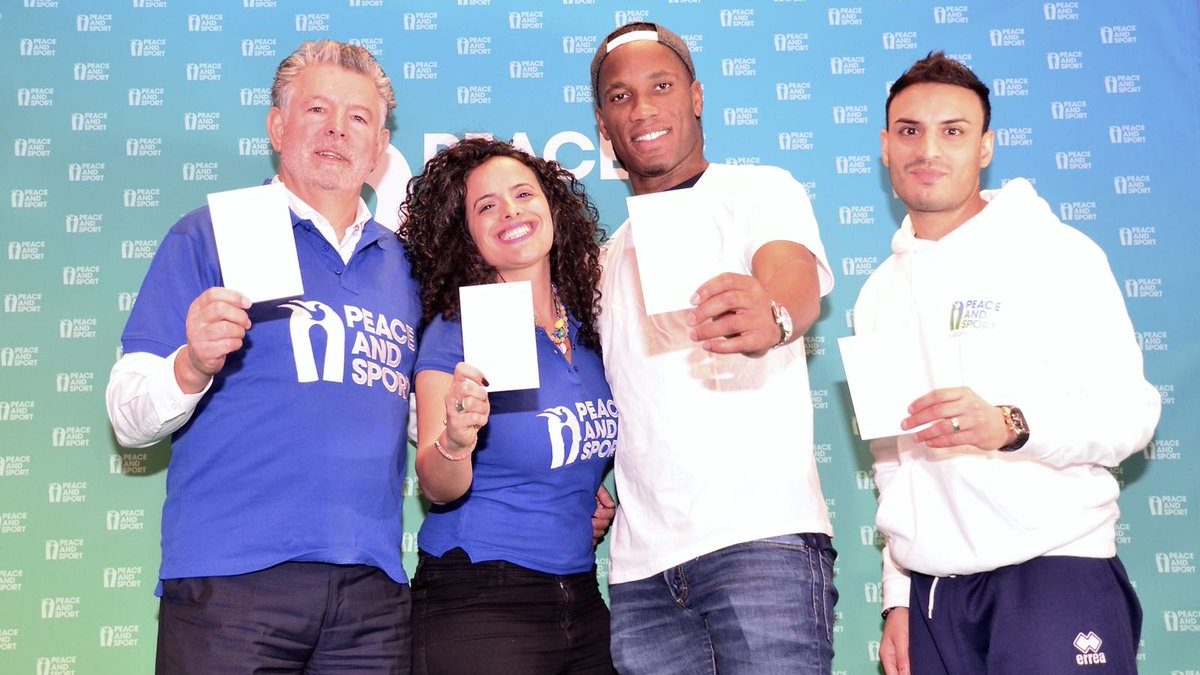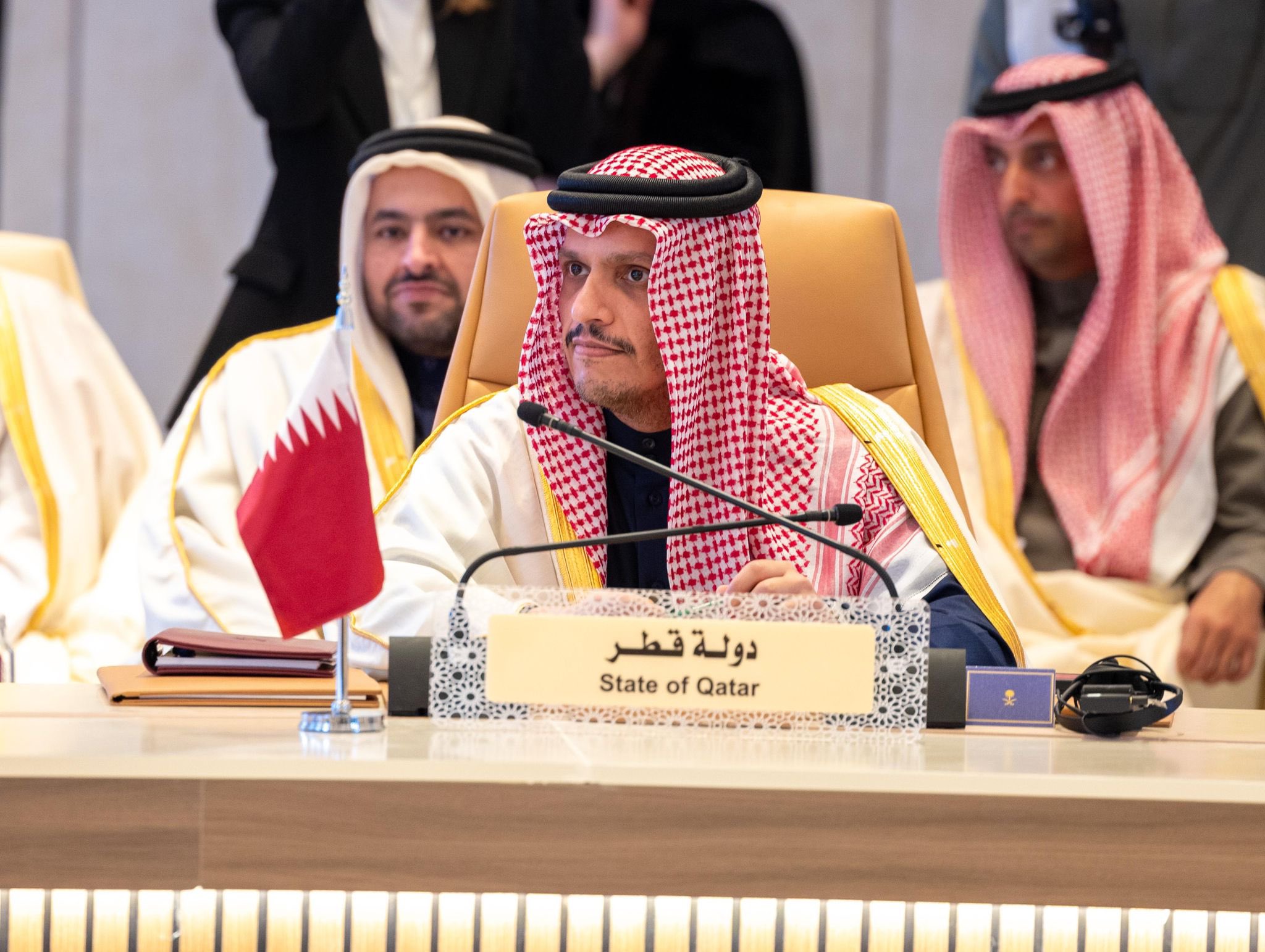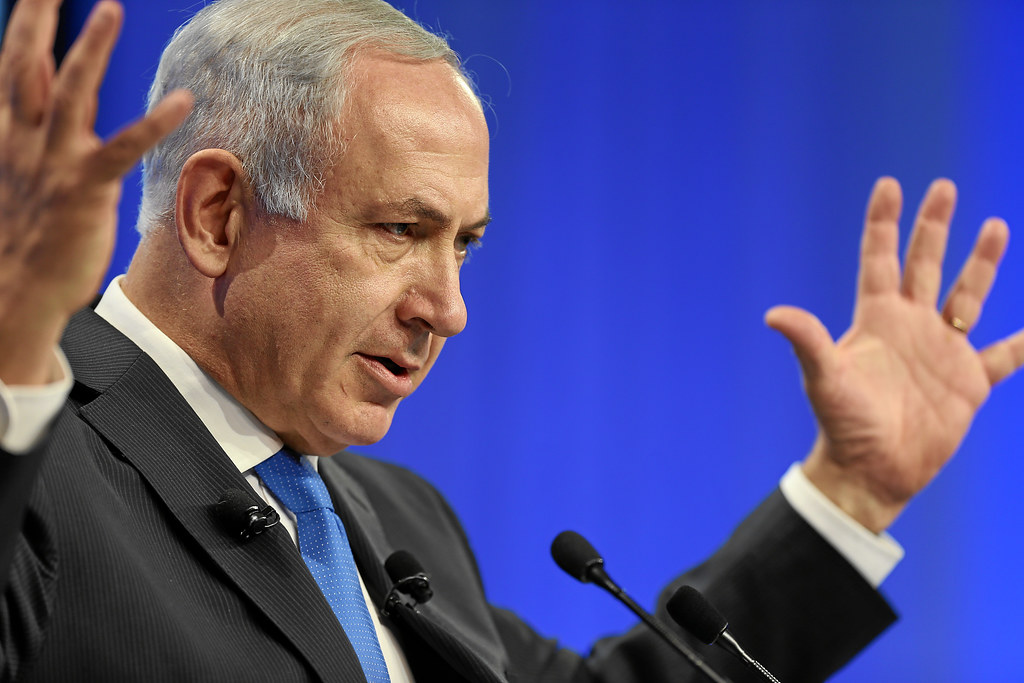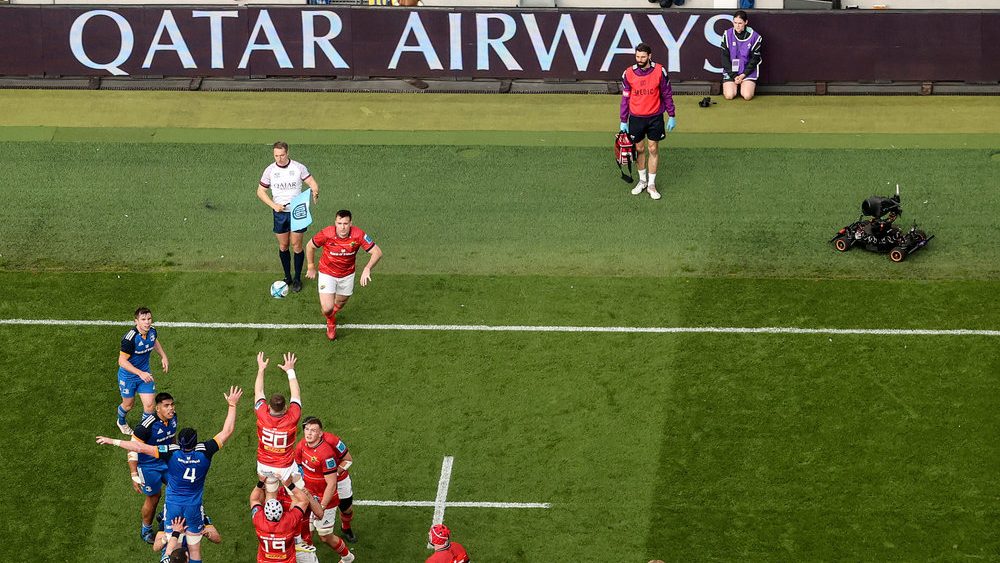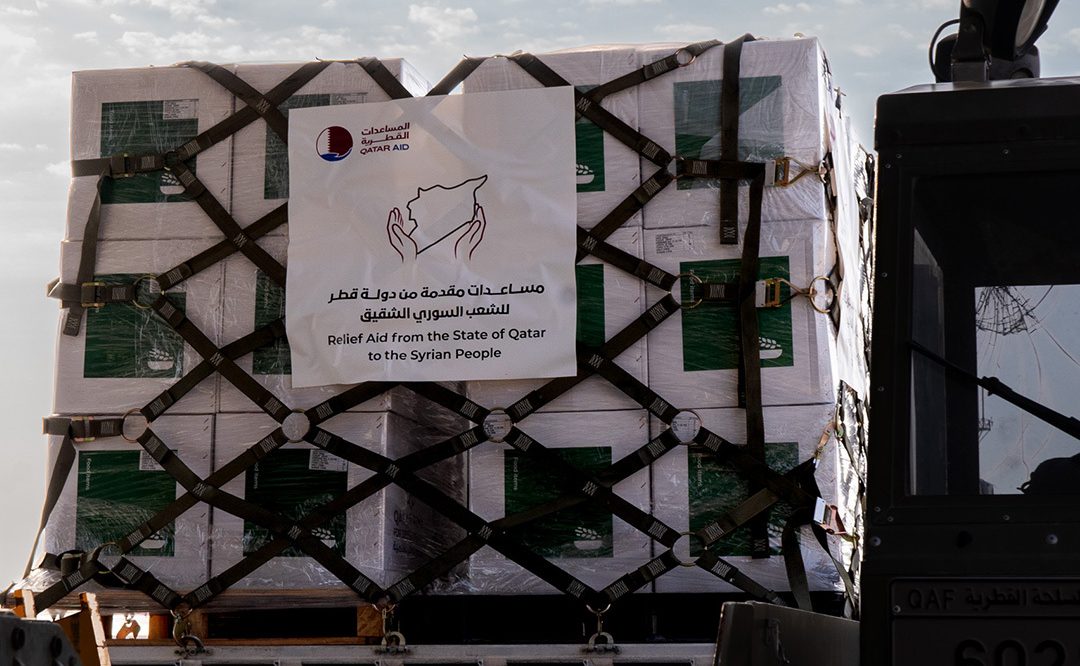The 6th of April marks the International Day of Sport for Development and Peace, a recognition of the ever-grow role of sports.
For former footballer and co-founder of Football for Peace, Kashif Siddiqi, the inspiration for his football legacy stems from his mother.
As Siddiqi narrates in an exclusive interview with Doha News, the accounts of his mother became a cornerstone for him as both a footballer and advocate for peace.
“She came over as a refugee from Uganda. She faced a lot of issues, and she brought me up to be where I am today,” the professional footballer told Doha News.
“She always taught me that in life, whatever you achieve or don’t achieve, the most important thing is to look at what others don’t have and appreciate what you have,” the football diplomat added.
Siddiqi recounts his mother’s inspiration as the reason for his work beyond the pitch, specifically in relation to Football for Peace.
“I’ve always carried those models and morals with me in my life. And it’s given me the opportunity today to be working with heads of state on a global level, royal families, and some of the best footballers in the world. So I’ve had a lot of pinch-myself moments, but I never forget the inspiration that it’s my mother, and I’m really humbled,” the 37-year-old told Doha News.
Through his journey of endorsing and lobbying for the institute, Siddiqi has aided in framing Football for Peace to expand into a multinational diplomatic tool since its inception in 2006.
Initially started by Chilean football legend Elias Figueroa as a campaign known as Futbol Por la Paz in South America, the campaign has used sports as an approach to facilitate stability within developing communities worldwide.
For Siddiqi, football has yet to evolve into its full potential within society as it has been socially constructed to exist only as a sport.
“I think the one thing that I have been personally lobbying for is that I really believe that still we haven’t unlocked the power of football,” Siddiqi told Doha News.
“So much more can be done at a government level, at the grassroots level, and community level. So I feel that’s where that’s where Football for Peace niches. Growing the organisation globally is great, but I think we need to get into a situation where we can work between football federations and governments to really make it,” Siddiqi added.
The 6th of April marks the International Day of Sport for Development and Peace, which recognises the growing role of sport and its influence in underdeveloped and developing societies worldwide.
Contributing to all walks of life and diverse backgrounds, Football for Peace has been driven by young individuals to present issues like climate change to the forefront of the international community.
From aiding with floods in Pakistan to projects in Mozambique, the initiative reaches out to help those most affected and vulnerable, bridging present causes with the sport and their shared universality.
The late Pele and Brazil’s Ronaldinho had been delegates of the organisation internationally, among various other influential athletes, which Siddiqi states is important for the cause.
“I feel the power of football and the role models and influences we have, they could really challenge those young children to make it even cool to give back. And that’s the campaign we’re kicking off.”

